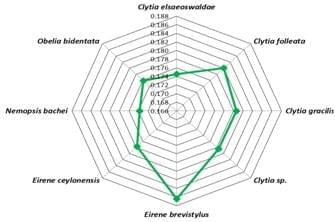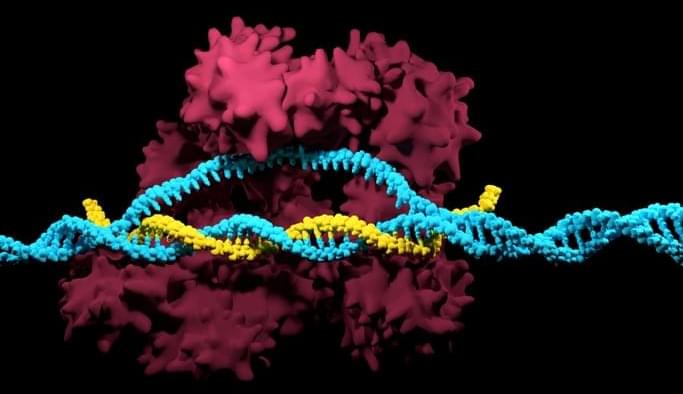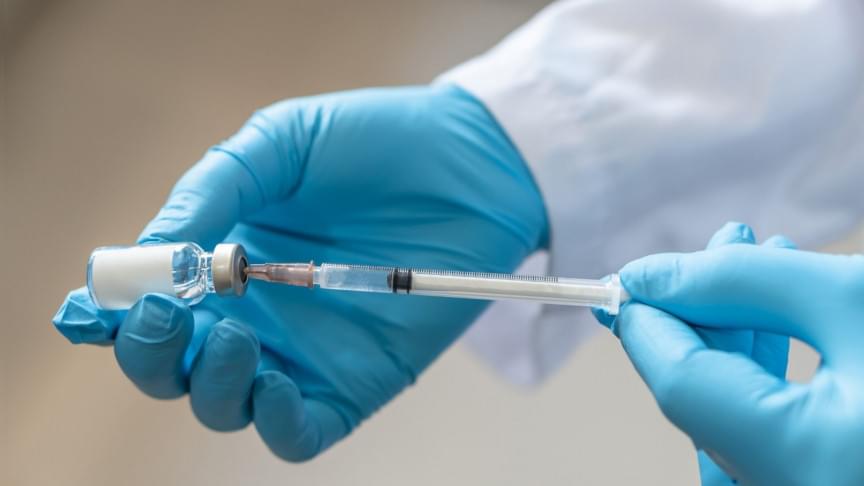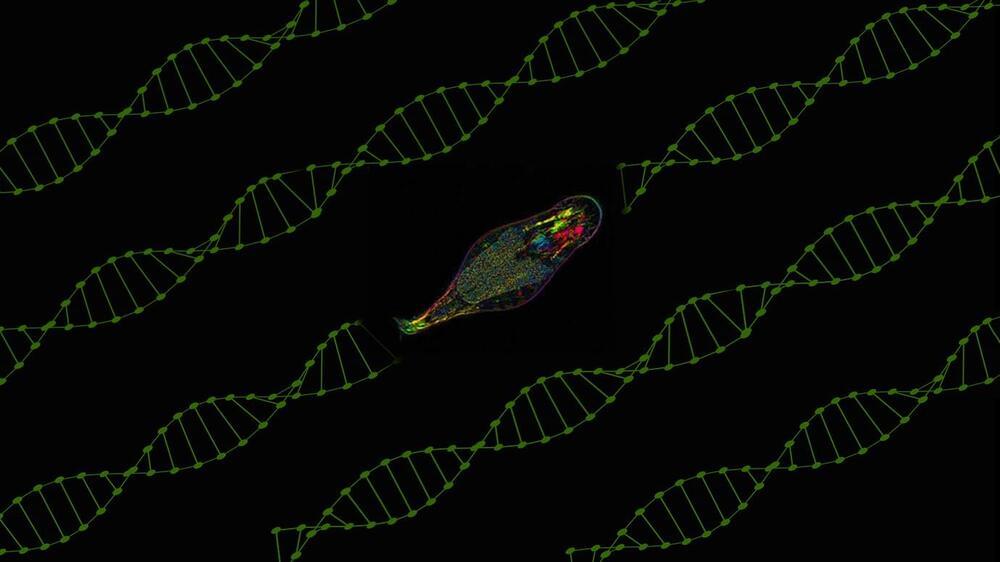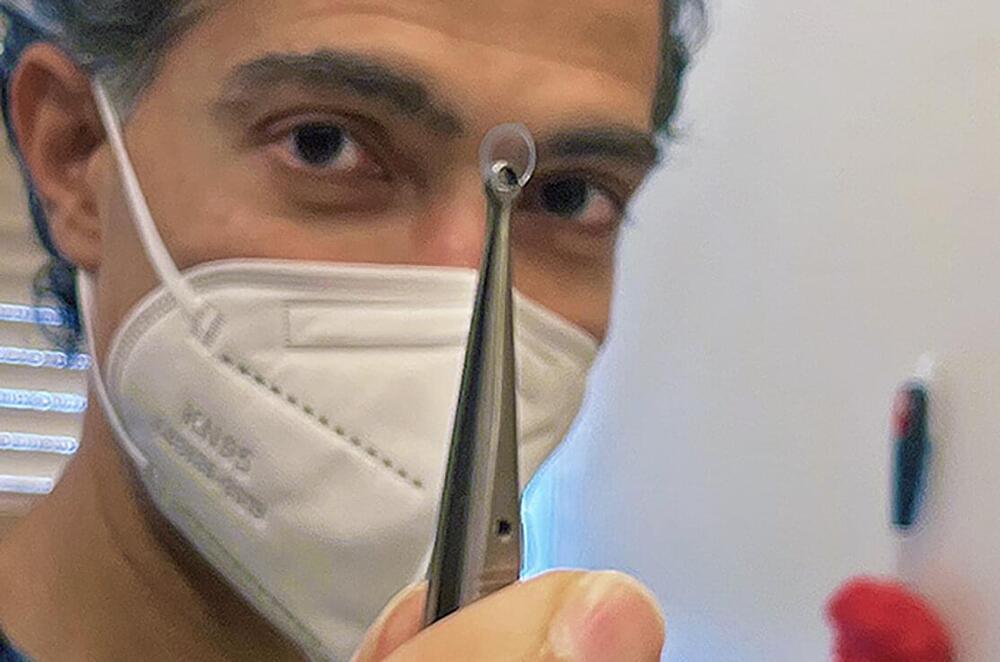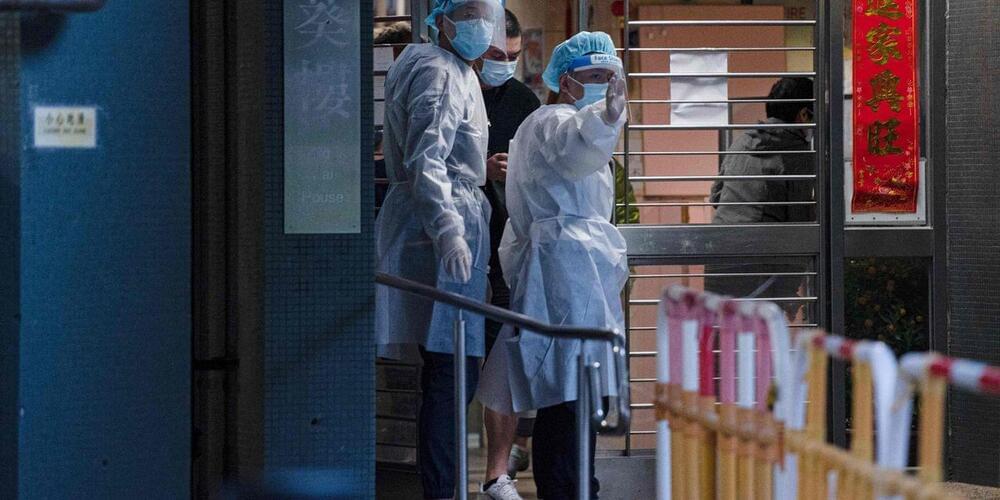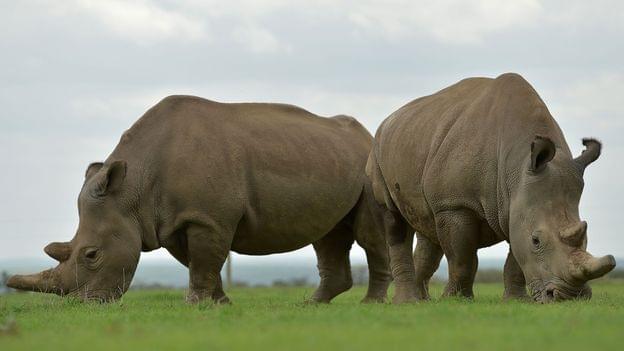Synopsis: No sentient being in the evolutionary history of life has enjoyed good health as defined by the World Health Organization. The founding constitution of the World Health Organization commits the international community to a daringly ambitious conception of health: “a state of complete physical, mental and social wellbeing”. Health as so conceived is inconsistent with evolution via natural selection. Lifelong good health is inconsistent with a Darwinian genome. Indeed, the vision of the World Health Organization evokes the World Transhumanist Association. Transhumanists aspire to a civilization of superhappiness, superlongevity and superintelligence; but even an architecture of mind based on information-sensitive gradients of bliss cannot yield complete well-being. Post-Darwinian life will be sublime, but “complete” well-being is posthuman – more akin to Buddhist nirvana. So the aim of this talk is twofold. First, I shall explore the therapeutic interventions needed to underwrite the WHO conception of good health for everyone – or rather, a recognisable approximation of lifelong good health. What genes, allelic combinations and metabolic pathways must be targeted to deliver a biohappiness revolution: life based entirely on gradients of well-being? How can we devise a more civilized signalling system for human and nonhuman animal life than gradients of mental and physical pain? Secondly, how can genome reformists shift the Overton window of political discourse in favour of hedonic uplift? How can prospective parents worldwide – and the World Health Organization – be encouraged to embrace genome reform? For only germline engineering can fix the problem of suffering and create a happy biosphere for all sentient beings.
The End of Suffering – Genome Reform and the Future of Sentience – David Pearce

